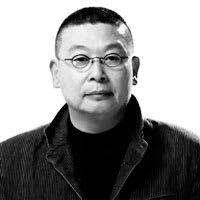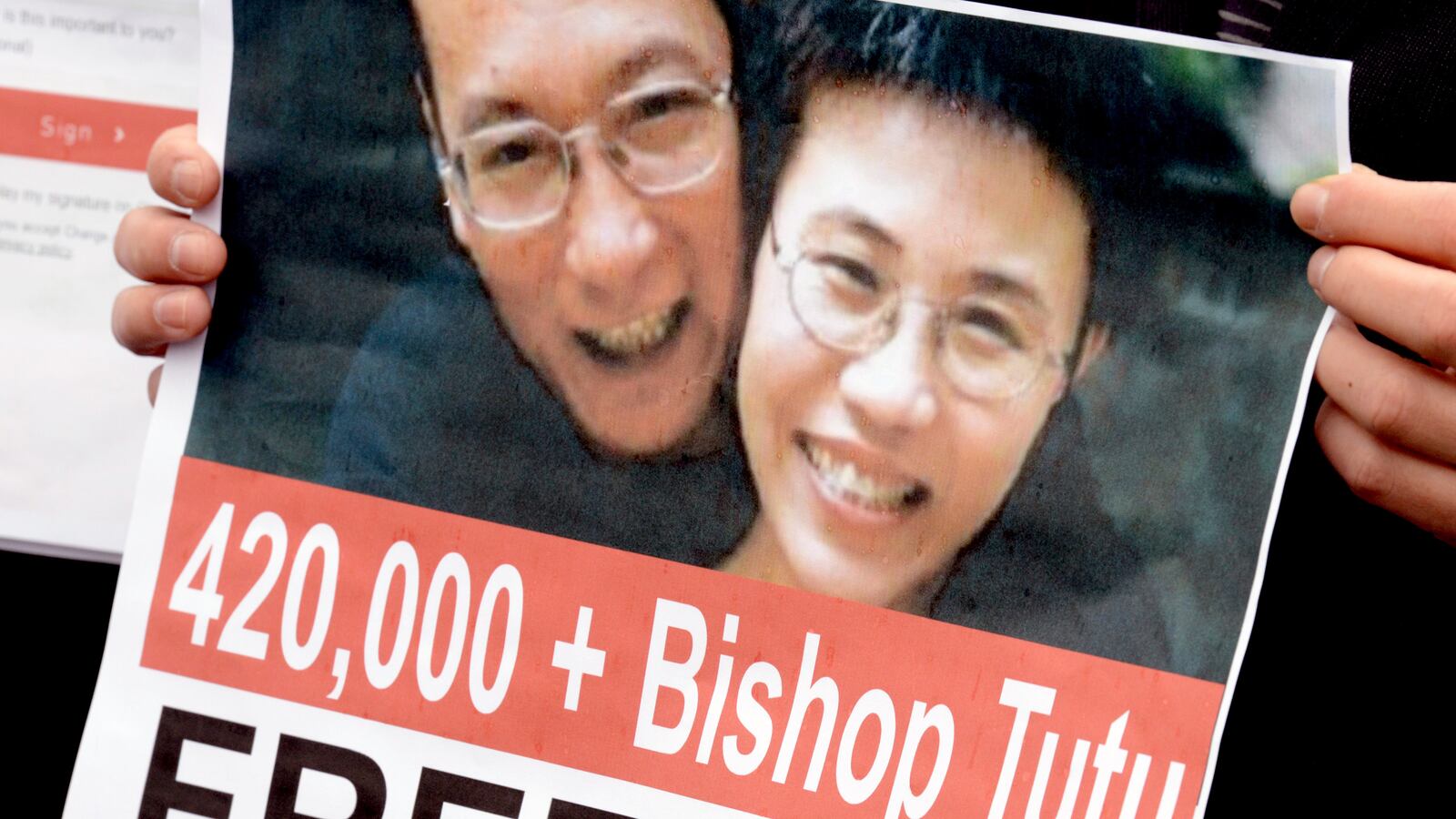President Obama’s meeting today with President Xi Jingping is a critical opportunity to send the right message to the Chinese government. Namely, that China’s relationship with America will depend on how the Chinese government treats its own citizens and whether or not it accepts human-rights standards.

If the president fails to stress these points, the Chinese government will be emboldened to continue their repressive policies. Engagement with China on trade relations, North Korea, and other security issues is understandable. Failure to engage as forcefully on human rights will ultimately be counterproductive to American security and Chinese stability.
Twenty years ago, the Chinese government did not even pretend to engage on human rights. Today they do. But in bilateral human-rights dialogues, the Chinese continue to insist on cultural and historical relativism. President Obama should therefore raise specific cases of imprisoned dissidents. Otherwise, the Chinese will see his words are mere lip service.
President Obama can begin by asking President Xi why the world’s only jailed Nobel Prize laureate (and his fellow laureate), Liu Xiaobo, was sentenced to 11 years in prison for recommending a peaceful transition to democracy. Liu was convicted under Section 105 of the criminal code, or “incitement to subvert state power.” In fact, this has no basis for being applied to Liu’s case. How exactly is calling for democracy defined as incitement? China’s constitution allows for freedom of expression. It is also a signatory to the U.N.’s Universal Declaration of Human Rights.
The president should also inquire as to why Liu Xiaobo’s wife, Liu Xia, was put under house arrest, though she has not violated any law. The Chinese leadership supposedly recognizes the illegality of such detentions, yet is seeking to codify them into law.
The president should also ask Mr. Xi what happened to Wang Bingzhang. Wang was a resident of the U.S., received a Ph.D. from McGill University in Canada, and has been a strong advocate for democracy in China. In 1998, Bingzhang was arrested in China and has been there ever since. He represents many more political prisoners denied any semblance of justice.
Lastly, President Obama should ask his counterpart what is driving young Tibetan monks and nuns to immolate themselves in protest. Such desperate actions are in contravention of their vows and faith to renounce violence in all forms. Chinese repression has led these young men and women to take their lives.

The United States must not believe the lie that human rights are set apart from China’s role on the global stage. It cannot fall prey to the idea that human freedom should take a backseat to trade relations. Are we really to believe that China will quit trading with America, a country whose goods it needs, because of a strong human-rights stance by President Obama?
Nothing in U.S.-Chinese history supports this myth. It is particularly telling that China Oilfield Services Ltd, part of one of China’s largest oil companies, agreed to a major drilling contract with Statoil of Norway, despite Oslo’s awarding Liu Xiaobo the Nobel Prize.
China’s present legitimacy comes from its economic viability. Would China really risk this by calling into question its trade relations with America due to a stronger human-rights policy? This seems very unlikely.
A democratic China will be less likely to wage war and thus would decrease the vast sums America now spends on defending itself from a potent cyberarmy and massive traditional army.
By taking a stronger stance on human rights in China, President Obama has the potential to help free political prisoners, advance democratic reform in China, protect America, and enhance regional stability. Truly a win-win for all.






